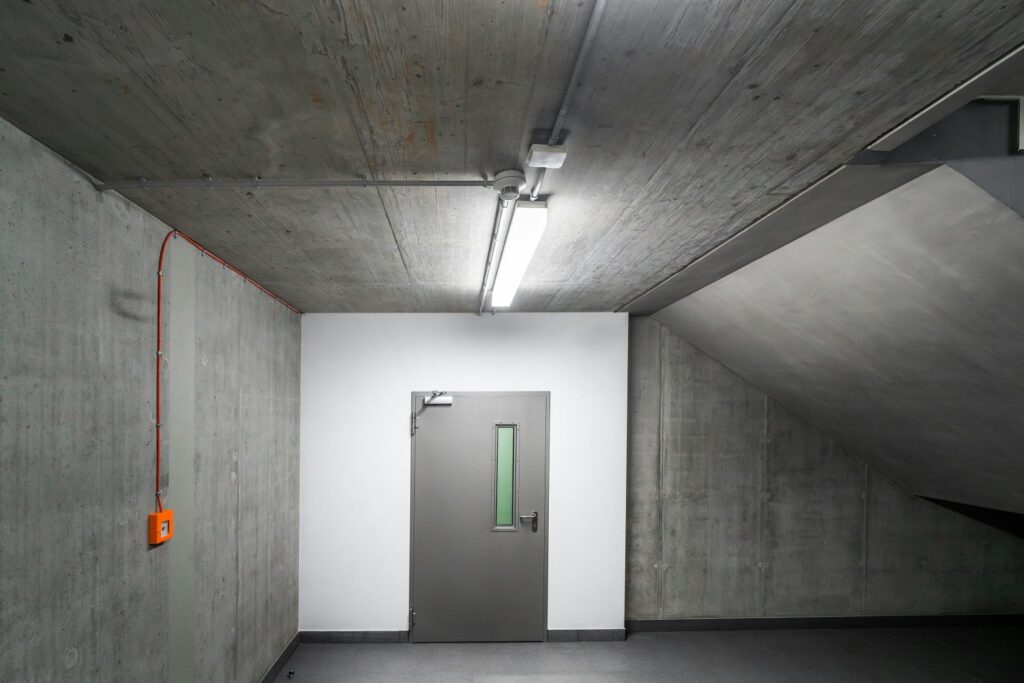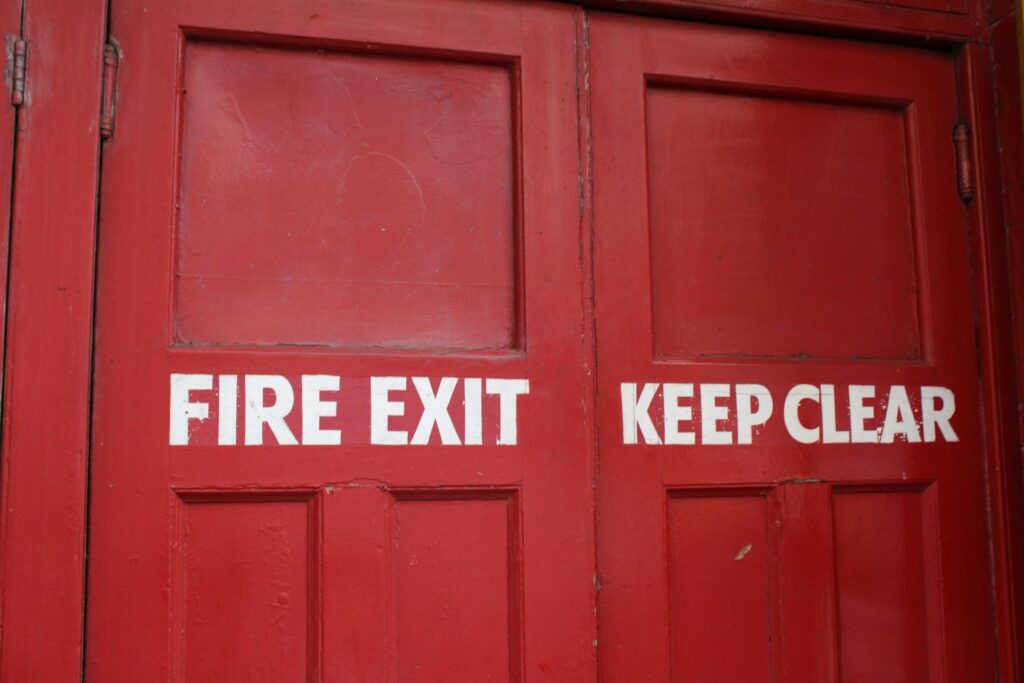Following the Grenfell Tower tragedy, the importance of robust fire risk assessments (FRAs) has been reinforced through new legislation, regulatory changes, and updated industry standards. Fire safety standards are expected to become greater and more stringent year upon year, and most recently updates have focussed around the certification of the fire risk assessor.
Indeed, businesses must understand the competence of individual fire risk assessors as to not be in breach of newly updated legislation. Necessitating the attention of landlords, property managers, and business owners; incorrectly certified fire risk assessors can now invalidate insurance. Businesses must ensure they appoint the correct fire risk assessor specific to their type of premises.
At Romero Insurance Brokers, we keep clients and businesses up to date on emerging risks and issues which could potentially jeopardise insurance policies. See below how the new BS 8674:2025 framework for fire risk assessors could have major consequences for you.
What is the new 2025 legislation for fire risk assessors?
The new BS 8674:2025 framework involves competence and accurate certification. This legislative change deems that the act of carrying out fire risk assessment is not ‘one size fits all’, not universal. Different buildings and premises carry different risks therefore assessors need to be appropriately trained and certified to carry out a specific fire risk assessment.

What fire risk tier does my business sit within, and what fire risk assessor does my business require?
The new legislation has stated three tiers of competence. These tiers are determined by scale and level of risk.
The first tier is for small shops, small offices and single-use buildings. These are low risk premises which fire risk assessors at the foundation level are capable of handling.
The second highest tier is for occupied workplaces, blocks of flats, and public venues. These require a fire risk assessor at an intermediate level to deal with the more complex risks associated.
The highest tier is for residential buildings, housing, or workplaces with unusual hazards. An advanced risk assessor will be required to conduct a fire risk assessment in order to control the premise’s complex risks.
How does the new fire risk legislation affect businesses and employers?
Under fire safety law, it is the duty holder’s responsibility to ensure their premises have suitable fire risk assessment. Any failings and the duty holder will be held accountable, such as for not appointing the correct assessors. Consequences include prosecution, invalid insurance and legal expenses; therefore it is essential that employers and businesses understand the tier of their premises and the competence of their fire risk assessor.
The practical implications for employers are manyfold. Employers will need to ensure their assessor is certified and competent for their business, whether its an office or a hazardous workspace. Competence is more than qualifications, it also includes the ethical literacy of the individual, ensuring they act with integrity. Look out for any evidence of a breach of ethical standards.
Even when outsourcing, duty holders are still responsible. In the event of a claim, insurers will look to the compliance framework, checking your fire risk assessor was/is appropriate, therefore to avoid any discrepancies.
How to check the competence and certification of your fire risk assessor
- Understand your building’s profile – Understand what tier of competence does your building require. If in doubt, ensure your assessor is a level above the minimum required.
- Request the competence of your fire risk assessor – Are they at Foundational levels, Intermediate or Advanced? This includes everything around certification, such as evidence of ethics, communication and behaviour standards. Request their CPD and proof of insurance.
- Review sample reports – See your fire risk assessor’s past work and how detailed their reports and recommendations are.
- References – Ask for references and trade body accreditations
What should businesses do now the new legislation on fire risk assessors has come into force?
Business must ensure their fire risk is fully documented and done by the correct assessor. They should review they fire risk assessments, looking out for when they were updated and who updated them. They should also consider improving the training of their in house fire assessors. For help with finding your documentation, contact your insurer, or contact Sentient, the HR and Health & Safety outsourcing company.
If you are unsure whether your current fire risk assessor is aligned with BS 8674:2025 – or if you’d like advice on what level of assessor is right for your buildings – speak to our risk management team at Sentient. We can help you review your current arrangements and put in place assessments that give you confidence, compliance, and peace of mind.

